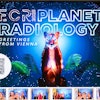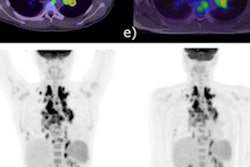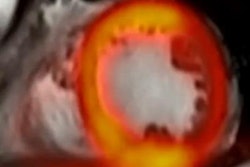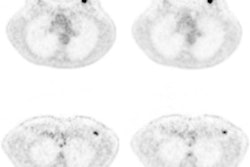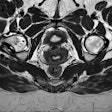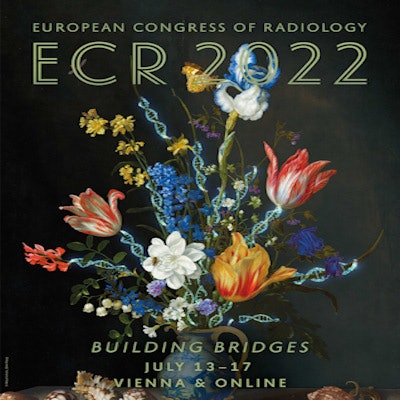
Hybrid PET/MRI is a new frontier for breast imaging, as it allows a comprehensive tumor assessment, from morphology to functional properties, according to research shown at ECR 2022 in Vienna.
A group from the University of Naples in Italy led by Dr. Valeria Romeo, PhD, compared F-18 FDG PET/MRI and diffusion-weighted (DWI)-MRI for diagnosing breast cancer diagnosis. They found that while the addition of PET did not significantly improve the accuracy of MRI, it did identify additional lesions during staging and reduced the need for biopsies.
"PET/MRI shares basically the same clinical indication as PET/CT with the possibility to also be employed for performing local tumor staging due to its superb contrast resolution over breast tissue," Romeo said.
MRI is used routinely in patients with newly diagnosed breast cancer to assess the local extent of disease and assist in surgical and treatment planning, yet it can produce inconsistent results. PET/MRI has shown promise as an alternative approach in early studies, but the contribution of PET to MRI remains undefined due to limited experience with hybrid scanners and conflicting findings, according to Romeo.
In this study, the Naples group prospectively assessed whether PET/MRI offered advantages over DWI-MRI in 183 women with 220 breast lesions, from BI-RADS categories 2 to 5 (46 benign and 174 malignant) confirmed by histology or follow-up.
For image interpretation, the researchers started with either MRI, DWI-MRI, or PET alone. They then explored the usefulness of different combinations of these approaches: MRI plus DWI or MRI plus PET, and then finally an approach that included all three modalities together (MRI plus DWI and PET). The accuracy, sensitivity, and specificity were determined for each method.
According to the results, with MRI as a reference (with a sensitivity of 100% and a specificity of 74%), the addition of the PET qualitative metric increased MRI specificity to 80% for downgrading BI-RADS category 4 lesions in patients, Romeo noted. When considering an approach using all three modalities together, the sensitivity was 100% and the specificity remained quite high at 80%, she added.

Romeo summarized the results with the following conclusions:
- MRI assessment is highly accurate for breast cancer diagnosis.
- PET evaluation is useful for downgrading BI-RADS 4 lesions, similar to DWI-MRI.
- The combination of MRI, DWI, and PET is highly accurate for breast cancer diagnosis.
"The contribution of PET may be useful for downgrading BI-RADS 4 lesions and therefore saving time for starting surgical or systemic treatments in breast cancer patients," Romeo said.

